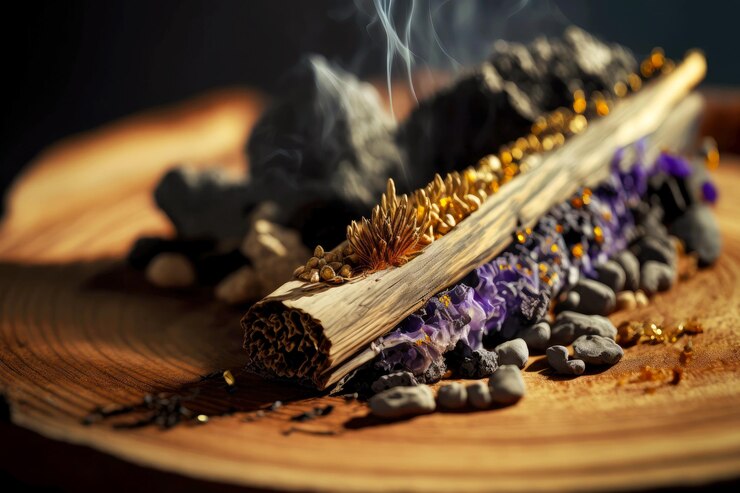The allure of natural remedies has led many to explore alternative options for relaxation, stress relief, and even potential health benefits. Smoking herbs, a practice steeped in tradition and cultural significance in some communities has gained traction in recent times.
However, it’s crucial to understand that while some herbs may offer specific properties, inhaling any smoked substance, regardless of its origin, carries inherent health risks.
Debunking the Myth of “Safe” Smoking
The misconception that smoking herbs is a safer alternative to tobacco cigarettes is deeply concerning. The act of burning any organic matter, including plant material, releases harmful byproducts like carbon monoxide and other toxins. These toxins irritate the lungs, damage tissues, and can contribute to various respiratory issues, including:
- Chronic obstructive pulmonary disease (COPD): This progressive lung disease encompasses conditions like emphysema and chronic bronchitis, causing difficulty breathing and reduced lung function.
- Increased risk of lung infections: Smoking weakens the natural defenses of the lungs, making them more susceptible to infections such as pneumonia and bronchitis.
- Lung cancer: While the exact link between herbal smoking and lung cancer needs further research, the presence of carcinogens formed during the burning process raises concerns.
Side Effects Beyond the Lungs
The detrimental effects of smoking herbs extend beyond the respiratory system. Depending on the specific herb and individual factors, potential side effects include:
- Cardiovascular complications: Smoking can increase blood pressure, heart rate, and the risk of blood clots, putting additional strain on the heart.
- Addiction: Although some herbal cigarettes may be marketed as non-addictive, certain herbs can contain psychoactive compounds that can lead to dependence.
- Mental health concerns: Smoking can exacerbate existing mental health conditions like anxiety and depression. Additionally, some herbs can interact with medications used to treat these conditions, causing adverse effects.
Limited Evidence for Benefits
While some proponents advocate for the potential benefits of smoking specific herbs for relaxation, stress relief, or even pain management, the scientific evidence supporting these claims is largely lacking. Most studies exploring the potential therapeutic effects of these herbs focus on their use in the form of teas, tinctures, or other non-inhalation methods.
Smoking significantly alters the chemical composition of the herb, potentially diminishing any potential benefits and introducing harmful byproducts. Additionally, the inconsistent quality and lack of regulation surrounding herbal cigarettes raise concerns about the safety and potential presence of contaminants.
Exploring Safer Alternatives
If you’re seeking natural remedies for relaxation, stress relief, or specific health concerns, it’s essential to explore safer and evidence-based alternatives. Consulting a healthcare professional about your concerns allows them to recommend a personalized approach that considers your individual health and potential interactions with any medications you’re taking.
Here are some safer alternatives to consider:
- Herbal teas: These offer a way to consume herbs without the harmful effects of smoking. Choose organic herbs and prepare them following recommended steeping times and temperatures.
- Essential oils: These concentrated plant extracts can be diffused in the air using a diffuser or diluted and applied topically for aromatherapy purposes.
- Dietary modifications: Including a balanced diet rich in fruits, vegetables, and whole grains can significantly impact your overall health and well-being.
- Mindfulness practices: Techniques like meditation and deep breathing can effectively promote relaxation and stress management.
The Bottom Line
While the exploration of alternative remedies is understandable, smoking herbs is not a safe or evidence-based practice. The inherent risks associated with inhaling any smoked substance far outweigh any potential benefits.
If you’re seeking solutions for specific health concerns, consulting a healthcare professional is always the recommended first step. They can guide you towards safe and effective options that align with your individual needs and health profile.
Remember, your health is your most valuable asset. When considering alternative remedies, prioritize safety and choose evidence-based practices to promote your well-being.

